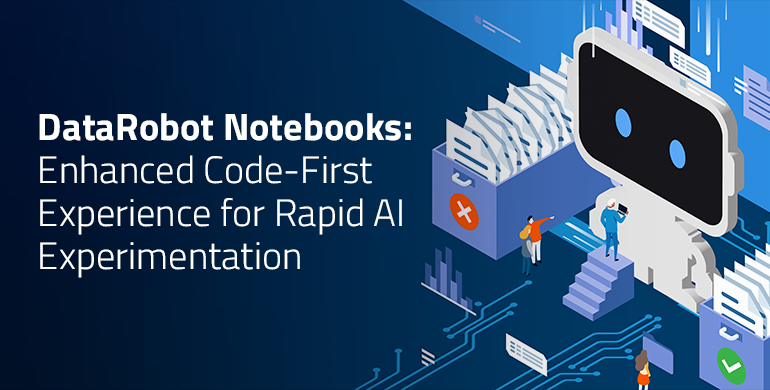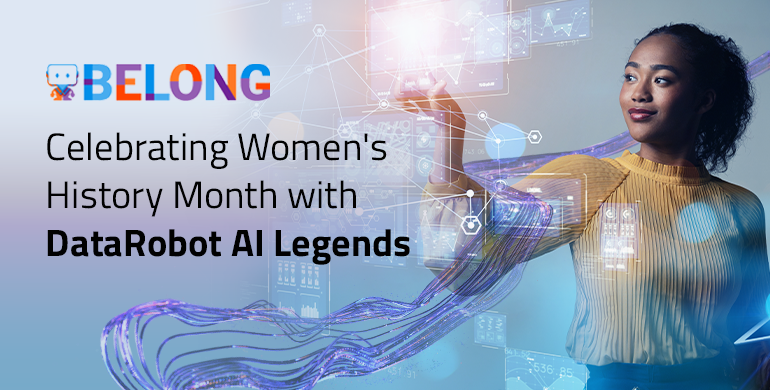Target’s recent announcement of a chain-wide rollout for their Store Companion chatbot, a GenAI (Generative Artificial Intelligence) tool, has sparked a wave of interest. While the press release (Target Corporation, June 20, 2024) touts benefits like increased efficiency and improved support for team members, some industry watchers are raising questions about the potential impact on human employees.
On the positive side, experts agree that Store Companion has the potential to be a valuable asset for Target’s workforce. The Target’s Press Release highlights the chatbot’s ability to:
- Free up staff time: By answering routine questions about procedures and troubleshooting basic issues, Store Companion can allow employees to focus on more complex tasks and customer interactions.
- Boost new hire training: The chatbot’s coaching capabilities can provide consistent on-the-job training and support for new team members, reducing the burden on experienced staff.
- Improve operational efficiency: Faster access to information on processes and inventory can lead to smoother store operations and potentially shorter wait times for customers.
However, concerns linger about the long-term implications of AI in retail.
- Job displacement: Some analysts, as discussed in a recent article on Indian Express, worry that AI (such as Store Companion) might eventually automate tasks currently performed by human employees, potentially leading to job losses and worsen overall inequality.
- Over-reliance on AI: Overdependence on AI for decision-making and problem-solving could hinder the development of critical skills among staff.
Overall, Target’s embrace of GenAI technology appears to be a strategic move towards a more tech-driven retail experience. While the potential benefits for staff efficiency and customer service are undeniable, it’s crucial to strike a balance between leveraging AI and protecting the human element that remains vital to Target’s success.




